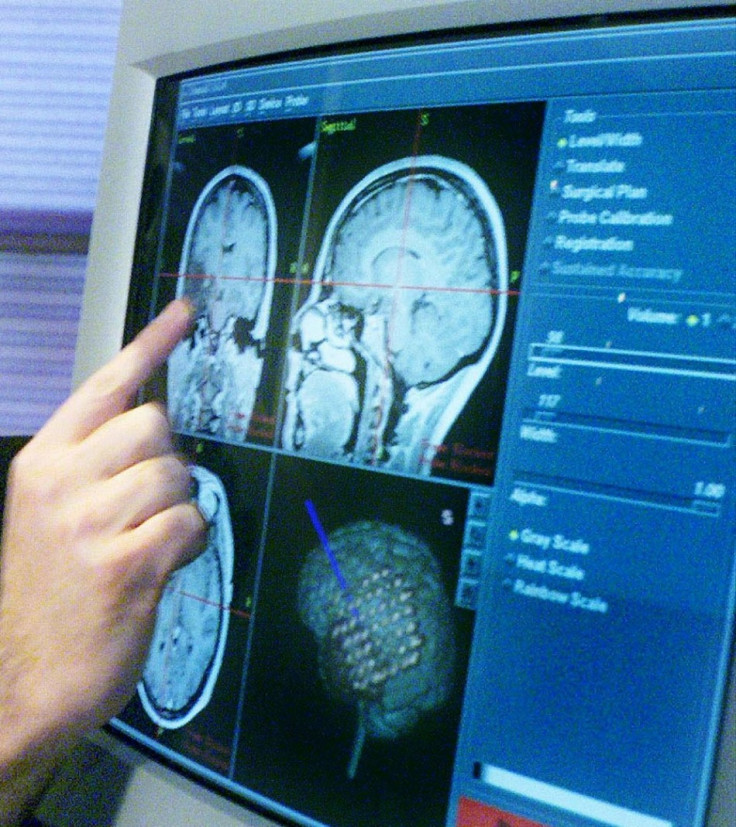Scientists Create Mind-Reading Machine That Reconstructs Words from Brain Activity

Scientists believe that they have now found a way to decode and reconstruct what brain-damaged individuals think and put it into words based on the brain waves of the patients.
Researchers and neuroscientists at the University of California, Berkeley, have demonstrated that the human brain breaks down words into complex electrical waves which can be translated to predict the spoken words. They made use of a computer program that analyses how the brain processes and reproduces words.
The new technique to decode and reconstruct words from brain wave patterns have been reported in the latest edition of the journal PLoS Biology.
"This is huge for patients who have damage to their speech mechanisms because of a stroke or Lou Gehrig's disease and can't speak. If you could eventually reconstruct imagined conversations from brain activity, thousands of people could benefit," the Telegraph UK quoted Prof Robert Knight, one of the researchers from the University of California, as saying.
The research team analysed and tested 15 epilepsy patients who were already undergoing brain exploratory surgery to find out the cause of their seizures. A series of 256 electrodes were connected to the skull of the patients through holes in their skulls. The patients were then asked to listen to men and women saying individual words including nouns, verbs and names while the researchers monitored their brain activities in the temporal lobes.
By analysing the brain activity from the electrodes, a computer program was able to find out and reproduce the words they heard or something quite similar to it.
However, the authors of the study cautioned that the idea of thought translation is still an area to be widely researched on before such prosthetics become a reality.
© Copyright IBTimes 2025. All rights reserved.





















